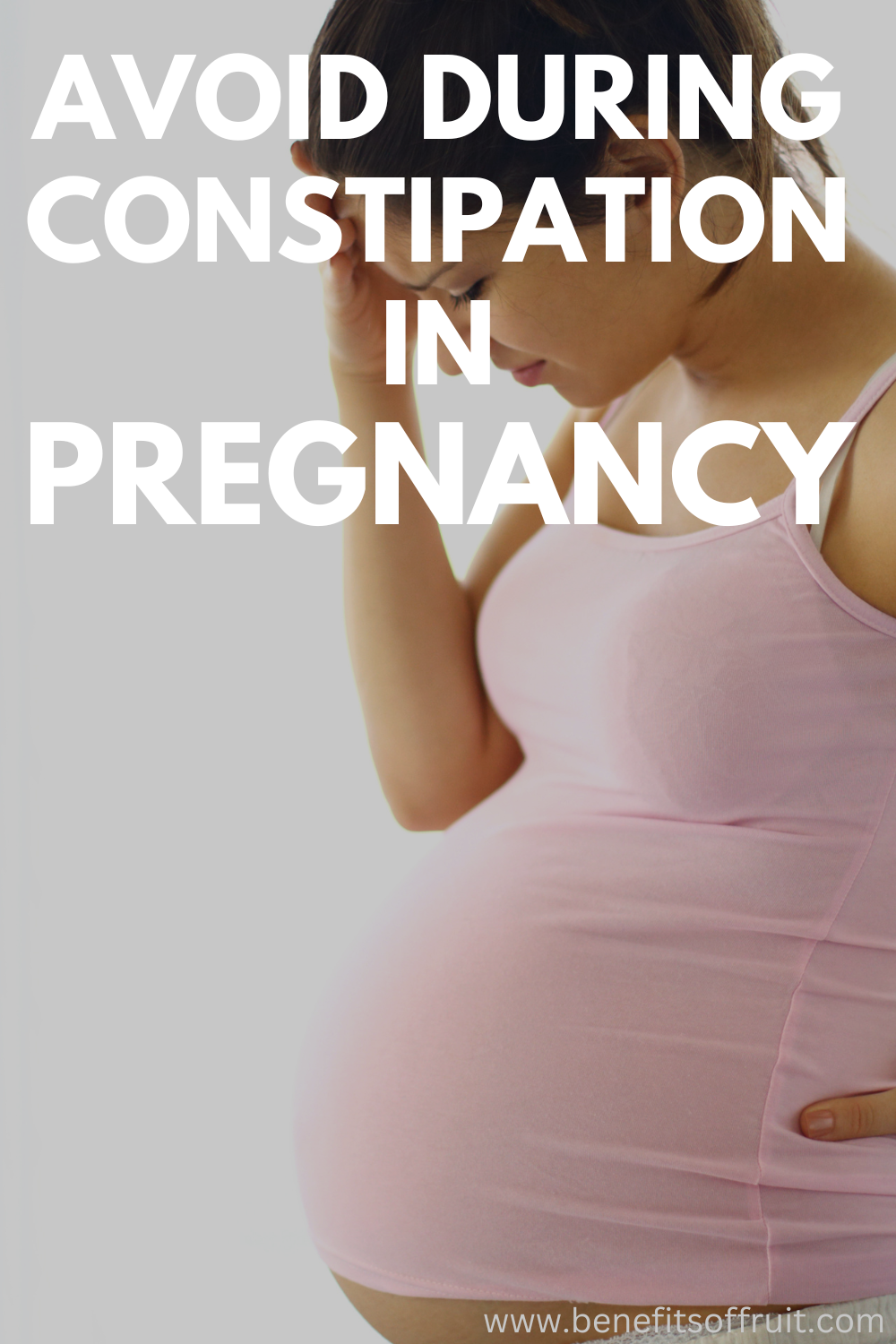Pregnancy is a transformative journey that brings significant physiological changes to a woman’s body. Among the many symptoms that pregnant women experience, constipation is one of the most common yet often overlooked. Hormonal shifts, dietary changes, and the physical pressure exerted by the growing uterus contribute to this digestive challenge. Addressing constipation through dietary modifications is crucial, and understanding which fruits to avoid can be particularly helpful. In this article, we will explore why certain fruits can aggravate constipation during pregnancy and offer insights into which fruits should be limited or avoided.
Understanding Constipation During Pregnancy
Causes During pregnancy, the body undergoes hormonal changes that can impact digestion. Progesterone, the hormone that relaxes smooth muscles, also relaxes the muscles of the gastrointestinal tract, leading to slower bowel movements. Additionally, the expanding uterus exerts pressure on the intestines, further slowing digestion. Iron supplements, often prescribed to pregnant women, can also contribute to constipation.
Symptoms Constipation during pregnancy manifests through infrequent bowel movements, hard stools, discomfort, and bloating. For many women, the strain can lead to discomfort that affects their quality of life.
Importance of Diet Diet plays a significant role in managing constipation. A balanced diet rich in fiber, adequate hydration, and gentle physical activity can significantly improve digestive health. However, not all high-fiber foods are beneficial, and some fruits can worsen constipation due to their specific properties.
General Guidelines for Pregnant Women with Constipation
Fiber Intake Consuming fiber-rich foods can help regulate bowel movements, but the source of fiber matters. Fruits, vegetables, and whole grains are ideal, but some fruits contain fiber types that can exacerbate constipation in sensitive individuals.
Hydration Staying hydrated is crucial for softening stool and aiding digestion. Pregnant women should aim to drink plenty of water to help alleviate constipation.
Exercise and Lifestyle Gentle exercise, such as walking or prenatal yoga, can stimulate the bowels and reduce constipation.
Fruits To Avoid During Constipation During Pregnancy
Bananas
Why Avoid: Unripe bananas contain high levels of resistant starch, which can slow down digestion and worsen constipation. The resistant starch acts like soluble fiber, passing through the stomach and small intestine mostly undigested.
Details: As bananas ripen, their starches convert to natural sugars, making ripe bananas more suitable for pregnant women. However, unripe bananas should be avoided as they can exacerbate constipation.
Apples
Why Avoid: Apples are high in pectin, a type of soluble fiber that can absorb water and form a gel-like substance in the intestines, potentially slowing down digestion.
Details: The fiber in apple skin is beneficial, but too much of it can worsen constipation, especially when not consumed with enough water. Pregnant women who are constipated should consume apples in moderation and ensure they are properly hydrated.
Persimmons
Why Avoid: Persimmons contain tannins, which can reduce intestinal motility and worsen constipation. Astringent persimmons, which are less ripe and contain more tannins, are particularly problematic.
Details: Sweet persimmons have a lower tannin content and are less likely to cause constipation. However, if constipation is already an issue, avoiding persimmons altogether is advisable.
Pomegranates
Why Avoid: Pomegranate seeds and juice contain high levels of tannins, which can slow down digestion and contribute to constipation.
Details: Although pomegranates are rich in antioxidants and vitamins, their high tannin content can negatively impact bowel movements, making them a fruit to avoid during pregnancy if constipation is a concern.
Guavas
Why Avoid: The seeds in guavas can be difficult to digest and may contribute to constipation, especially in pregnant women.
Details: While guavas are rich in fiber, their seeds can be challenging to digest. For pregnant women suffering from constipation, avoiding guavas might be beneficial to prevent further digestive issues.
Alternative Fruits to Consider
Berries Berries like strawberries, blueberries, and raspberries are rich in both fiber and water content, making them excellent options for pregnant women dealing with constipation. Their high water content helps soften stool, and the fiber adds bulk to facilitate easier bowel movements.
Pears Pears are known for their high fiber content, containing both soluble and insoluble fiber. This combination helps regulate digestion and soften stools, making pears a good choice for pregnant women struggling with constipation.
Prunes Prunes are famous for their natural laxative properties due to their high fiber and sorbitol content. Sorbitol is a sugar alcohol that draws water into the intestines, softening stool and making bowel movements easier. A few prunes a day can significantly alleviate constipation symptoms.
Conclusion
Constipation during pregnancy is a common issue that can be managed through dietary adjustments. While fruits are often touted for their health benefits, some can worsen constipation due to their fiber type, tannin content, or difficulty in digestion. Unripe bananas, apples, persimmons, pomegranates, and guavas are among the fruits that pregnant women should avoid to prevent aggravating constipation. Instead, opting for berries, pears, and prunes can help maintain digestive health during pregnancy.
